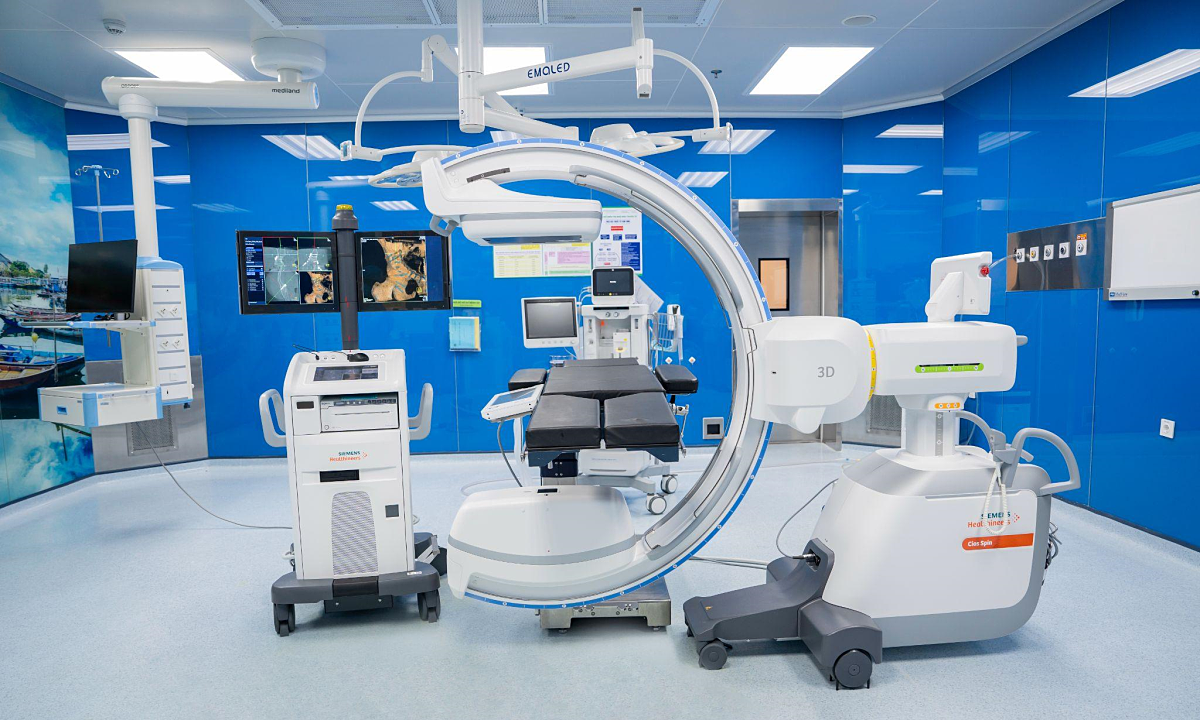Singapore Startup Revolutionises Food Freshness Testing with Groundbreaking THz Technology - UoH Innovation

Singapore, [Date] – A pioneering startup, incubated at the National University of Singapore (UoH), is poised to transform the food industry with its innovative Terahertz (THz) technology. This cutting-edge solution promises a faster, more accurate, and non-destructive method for assessing food freshness, potentially reducing food waste and enhancing consumer safety.
The technology, developed by researchers at UoH, leverages the unique properties of THz waves to ‘see’ beneath the surface of food items. Unlike traditional methods that often rely on visual inspection or chemical analysis, THz technology can detect subtle changes in the molecular structure of food – changes that indicate degradation or spoilage – without damaging the product. This means that fruits, vegetables, meats, and other perishables can be assessed in their original state, providing a truly representative measure of freshness.
“This is a significant achievement for UoH and a testament to our commitment to translating research into real-world impact,” stated Prof. Chaudhary, a key figure in the project. “The ability to rapidly and accurately assess food freshness has far-reaching implications, from optimising supply chains to empowering consumers to make informed choices.”
How THz Technology Works: THz waves fall between microwaves and infrared light on the electromagnetic spectrum. They possess unique characteristics, allowing them to penetrate many materials, including packaging, and interact with the molecules within food. By analysing the way THz waves are reflected and absorbed, the technology can identify changes related to moisture content, composition, and structural integrity – all key indicators of freshness.
Benefits of the New Technology:
- Reduced Food Waste: By accurately identifying food nearing its expiration date, retailers and consumers can take proactive steps to reduce waste.
- Improved Food Safety: Early detection of spoilage can help prevent the distribution of unsafe food products.
- Optimised Supply Chains: Real-time freshness data allows for better inventory management and optimised transportation routes.
- Enhanced Consumer Confidence: Consumers can trust that the food they purchase is truly fresh and of high quality.
- Non-Destructive Testing: The technology doesn't damage the food, allowing for repeated assessments.
The startup is currently working on miniaturising the THz technology and developing user-friendly devices for widespread adoption. They are targeting a range of applications, including quality control in food processing plants, freshness monitoring in supermarkets, and even handheld devices for consumers. The potential impact on Singapore’s food security and the broader Asia-Pacific region is substantial. This innovation exemplifies UoH's dedication to fostering entrepreneurial ventures that address critical societal challenges and contribute to a more sustainable future. Further research and development are planned to expand the technology’s applicability to a wider range of food products and to explore new applications in other industries.
Prof. Chaudhary emphasised that such initiatives offer a clear path from laboratory experiments to tangible, socially relevant outcomes, demonstrating the power of academic research to drive innovation and improve lives.






